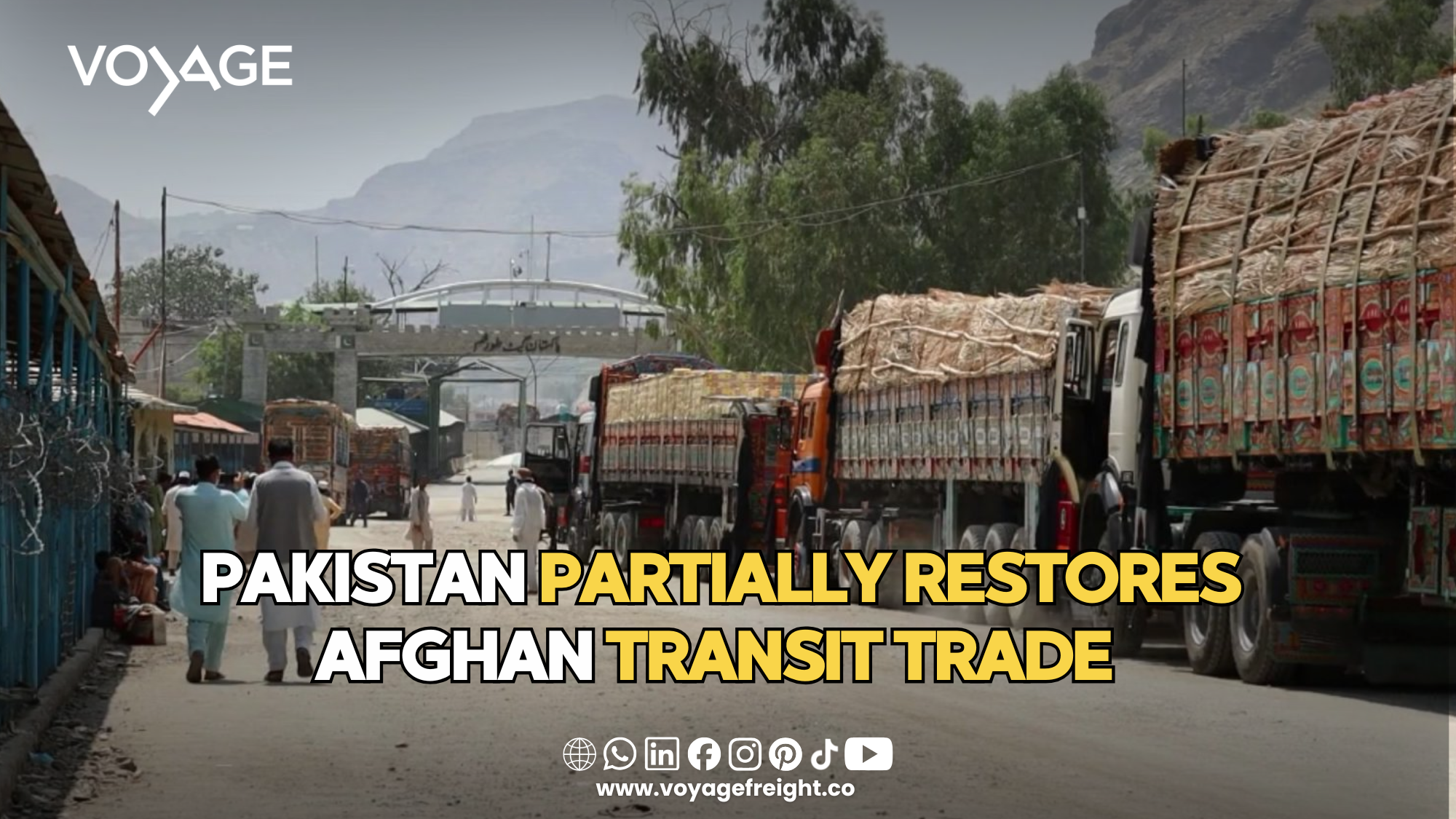
Pakistan Partially Restores Afghan Transit Trade — Strengthening Cross-Border Logistics and Regional Connectivity
After a 10-day suspension due to heightened border tensions, Pakistan has officially partially restored the Afghan Transit Trade, signaling a positive step toward reestablishing cross-border trade flow and regional stability. The suspension had left nearly 300 cargo vehicles stranded at different checkpoints, impacting traders, transporters, and logistics operators on both sides of the border.
According to an official notification from the Directorate of Transit Trade (Customs), operations will initially resume through the Chaman border, one of the most significant trade gateways between Pakistan and Afghanistan. The restoration will take place in three structured phases, ensuring that the backlog is cleared systematically and transparently.
In the first phase, nine vehicles that were returned due to the earlier closure at Friendship Gate will be re-weighed, re-scanned, and cleared. The second phase will process 74 vehicles that were held at the NLC Border Terminal Yard, while the third phase will focus on 217 vehicles stationed at the halting yard. Each vehicle will undergo re-verification, and any discrepancies will lead to a complete inspection.
To ensure accountability and transparency, customs authorities have directed that photographs of all cleared and detained vehicles be recorded at Friendship Gate. This initiative aims to enhance traceability and proper documentation of goods moving across the border.
Officials have also confirmed that security and inspection measures have been tightened, reflecting Pakistan’s commitment to safe and legitimate trade practices. The measures are designed to prevent smuggling and unauthorized trade while maintaining an efficient cargo flow.
The Chaman border plays a crucial role in facilitating land-based trade between Pakistan and Afghanistan. It serves as a key logistics corridor, enabling the daily movement of commercial consignments, raw materials, and essential goods that fuel industries on both sides.
The resumption of Afghan Transit Trade marks an important milestone for logistics and freight operators. It is expected to ease the financial strain faced by traders and transporters during the closure, restore business confidence, and strengthen bilateral trade relations between the two countries.
For the logistics industry, this development underscores the importance of stable border operations and efficient customs coordination. It highlights how disruptions at key trade routes can impact supply chains and the broader trade ecosystem, making continued communication and cooperation between both governments essential for regional economic growth.
Source: Express Tribune

